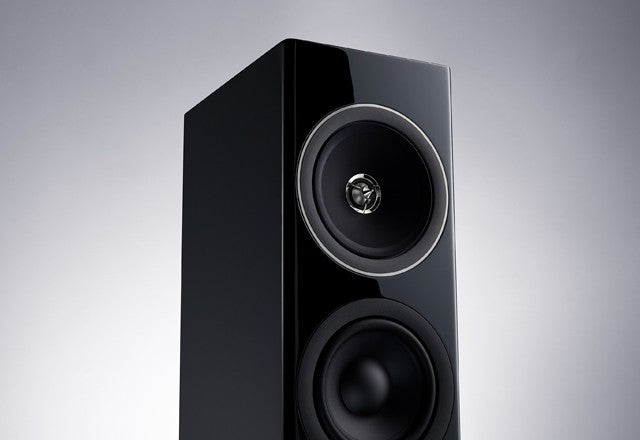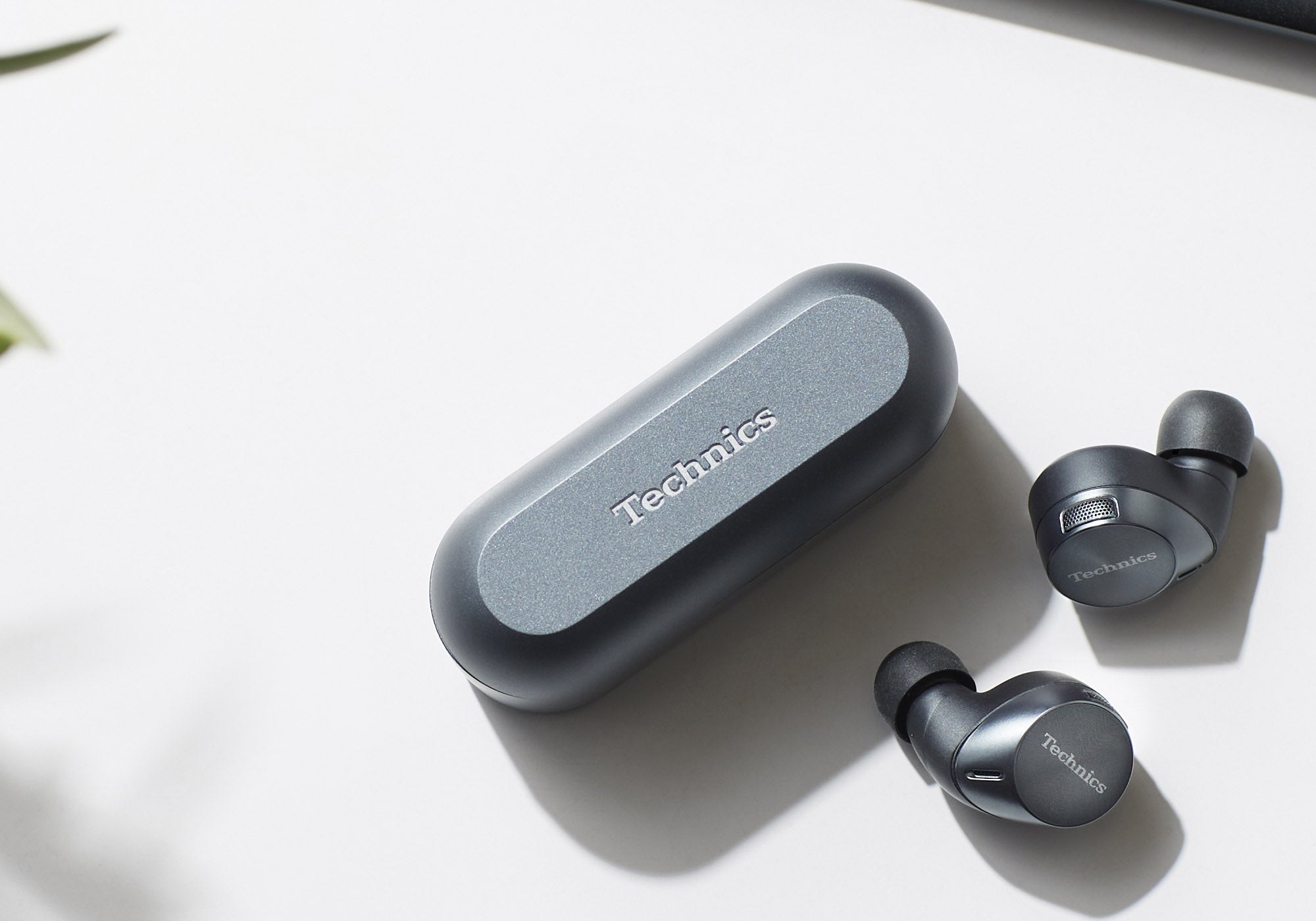Research Discovered How Sound Affects Professional Workers’ Stress, Focus and Productivity Levels
Newark, NJ (November 1, 2021) – Today, Technics released the results of a biometrics study uncovering the effects of sound quality on physical and emotional states among American workers. The Technics Wellness at Work Study observed 29 U.S. adults who work in professional office environments and frequently use audio or video conferencing services to perform their jobs. Participants were exposed to high- and low-quality sound situations that required them to both hear audio from other speakers and for their voice to be heard by others. Physiological and self-reported measures demonstrated that changes in sound quality had powerful and statistically significant effects on measures of their wellness, including emotional states such as stress, anxiety, frustration, confusion and energy.
“As a leading producer of premium audio products, we at Technics are committed to deepening our understanding of sound and its effects on listeners,” says Michelle Esgar, Senior GM of Marketing and Experience at Panasonic. “Understanding the effect sound quality has on our physiological and emotional states, we are able to design an elevated sound experience that positively impacts our customers in so many aspects of their everyday lives.”
With the “work from anywhere” trend becoming deeply rooted in today’s society, audio technologies that enable workers to virtually communicate in a professional context have never been more important. As an alternative to the office or in-person work environments, makeshift office spaces in homes and non-traditional locations have brought to light new challenges and distractions that interfere with work – especially audio challenges that make it harder for workers to hear and speak to each other on conference and video calls. Partnering with HCD Research, the study was designed to understand how audio quality (how well the worker hears others) or voice quality (how well others hear the worker) impacts moods, physiology and comprehension. Pairing biometric technology measuring heart-rate variability and galvanic skin response with self-assessment scales, the study tracked the relationship between physiological response and emotional state to both high- and poor-quality sound stimuli.
Participants reported significant differences between high-quality and low-quality sound experiences, while their heart rate and galvanic skin responses showed that their bodies physiologically changed corresponding with their reactions to the different sound quality experiences:
- High-quality sound was 3-4x as likely to make people feel pleasant compared to poor-quality sound.
- Participants’ reported ability to focus was 32% higher for high-quality audio and 18% higher for high-quality voice.
- Participants reported 2x as much stress and frustration when encountering poor-quality audio and 2-4x as much stress and frustration, respectively, when encountering poor-quality voice.
- Average arousal – a physical indicator of stress and frustration – was 5x higher when audio quality was poor.
- Participants’ reported confusion was 64% higher for poor-quality audio, and their reported energy levels were 25% lower.
- Poor-quality audio led to 13% lower comprehension task accuracy and a reported 29% higher anxiety.
Participant interviews also assessed the overall importance of sound quality, with many citing it as one of the most, if not the most, important aspects of their work. During the interview portion of the study, participants shared negative effects on overall job performance when exposed to poor-quality sound.
One participant stated, “I deal with a lot of customers and customer service, and I deal with clients that I work one-on-one with. Them not being about to hear, that’s 100% of my business and quality. That’s everything that I do.”
Participants also cited time management as a key factor in their jobs that is affected by poor sound quality, noting time consumption issues due to a lack of clear audio and direction.
"We spend a lot of time on conference calls, so the audio is pretty important...You're trying to be productive,” said a study participant. “You don't want to have people repeat things. A lot of calls are a 30-minute call. You have to accomplish your goal in a short time. You don't really have the time to go back and say, ‘what did you say?’"
By exploring sound quality’s relationship to wellness at work, including emotional states, time efficiency and communication accuracy, Technics is working to develop products that deliver a more satisfactory experience for the working professional and technology users at large. Technics is dedicated to innovation and modernization in audio technology, re-thinking the way we work to set the highest standard in sound quality and creating audio products that re-shape the landscape of both work and play.
“We hope that customers will experience our dedication to useful, practical innovation in our newest models of true wireless earbuds, the EAH-AZ60 and the EAH-AZ40,” says Esgar. “Equipped with features like multi-point Bluetooth® connection and JustMyVoice™ technology, which highlights the human voice and reduces background noise during calls, these earbuds were designed for today’s business professional. Developed by Technics expert engineers, we believe these earbuds will help reduce the negative effects of both poor sound and voice quality found in this study, and improve the overall audio experience for professionals during their work day.”
Technics Wellness at Work Study results and details of the new Technics EAH-AZ60 and EAH-AZ40 True Wireless Earbuds are available on the Technics website. Technics’ wide array of audio devices and innovative line of products are also available at www.technics.com.
About Panasonic Consumer Electronics Company
Newark, NJ-based Panasonic Corporation of North America is committed to creating a better life and a better world serving consumers and by enabling its business-to-business customers through innovations in Sustainable Energy, Immersive Entertainment, Integrated Supply Chain and Smart Mobility Solutions. The company is the principal North American subsidiary of Osaka, Japan-based Panasonic Corporation. One of Interbrand’s Top 100 Best Global Brands of 2020, Panasonic is a leading technology partner and integrator to businesses, government agencies and consumers across the region. Learn more about Panasonic’s ideas and innovations at www.na.panasonic.com.
Website: https://www.technics.com/us/
Facebook: https://www.facebook.com/technics.global/
Twitter: https://twitter.com/technics
Press Resource Contacts:
Panasonic Consumer Electronics Corp. dan.unger@us.panasonic.com
Sarah Voiselle (Porter Novelli) sarah.voiselle@porternovelli.com



